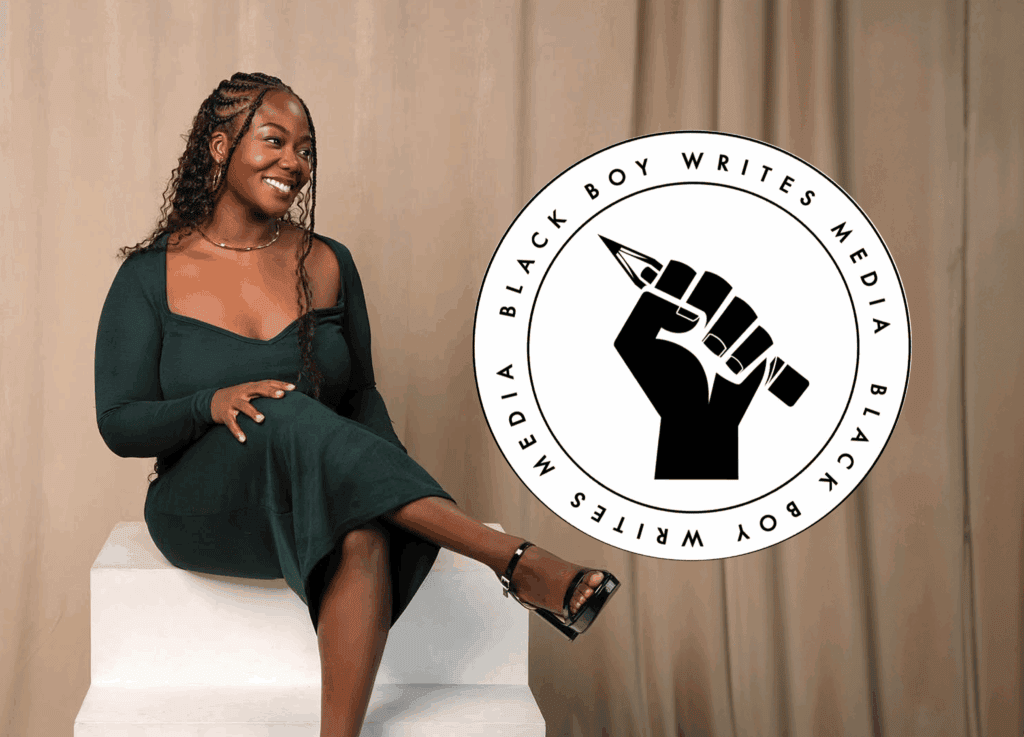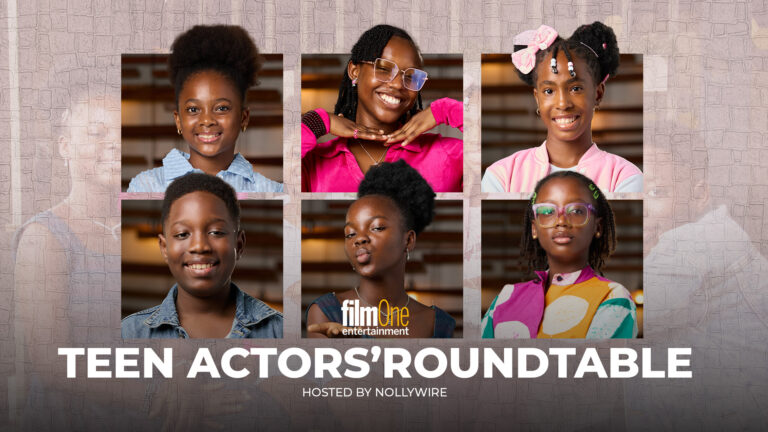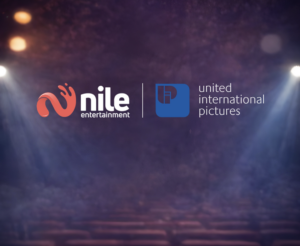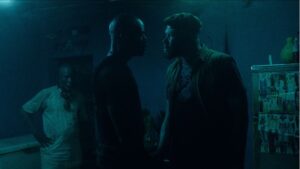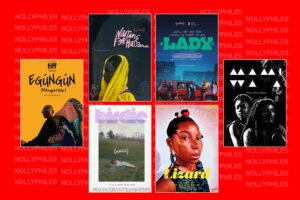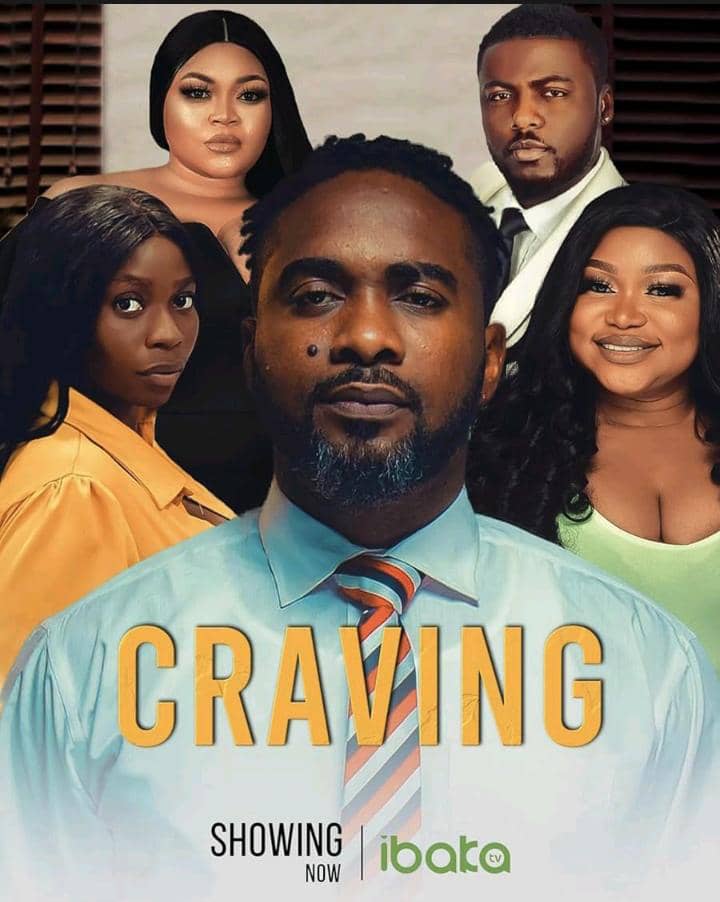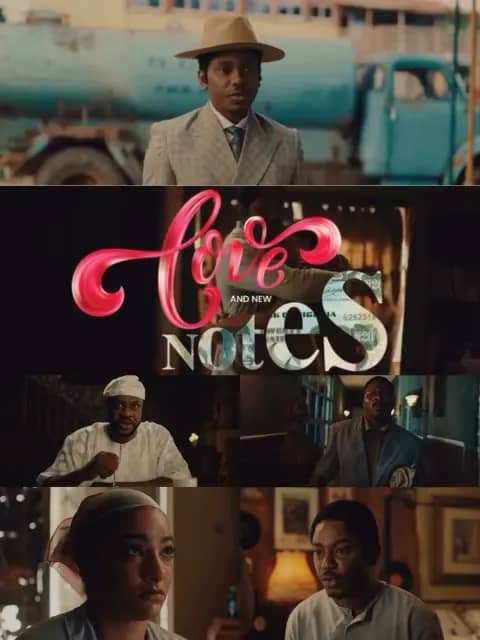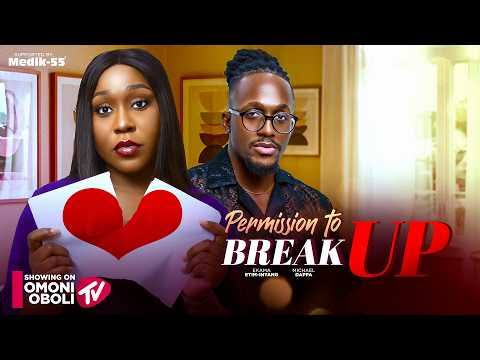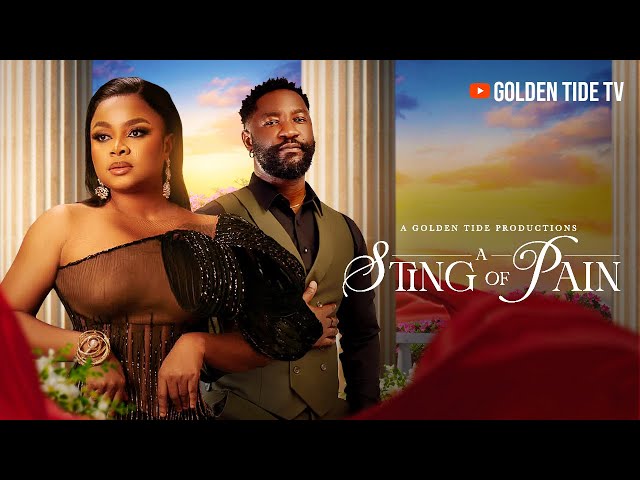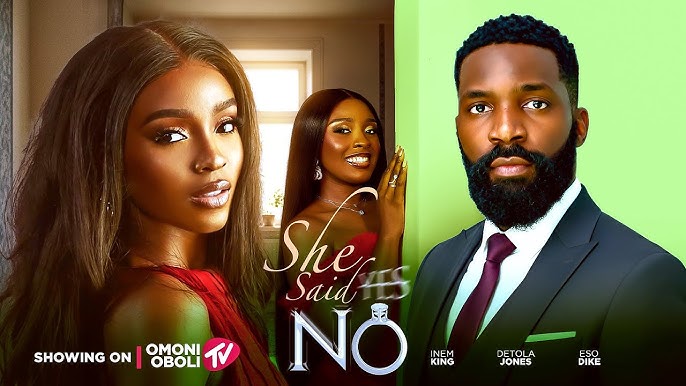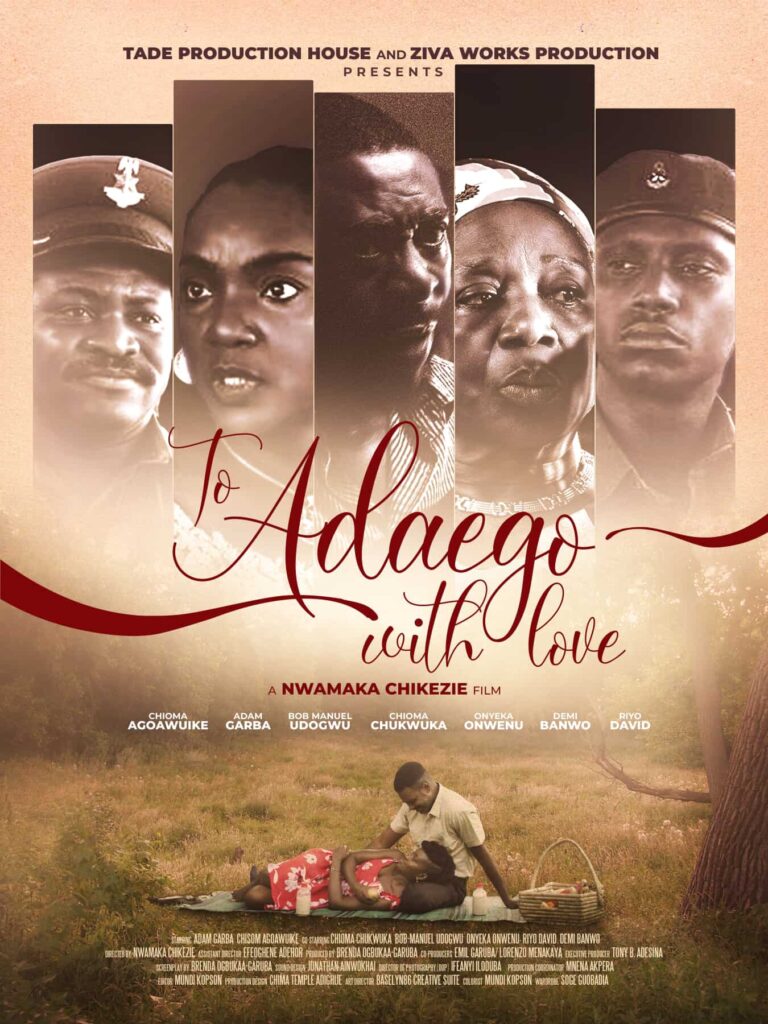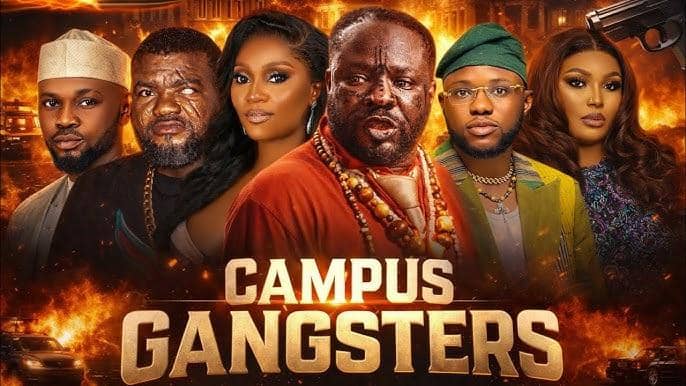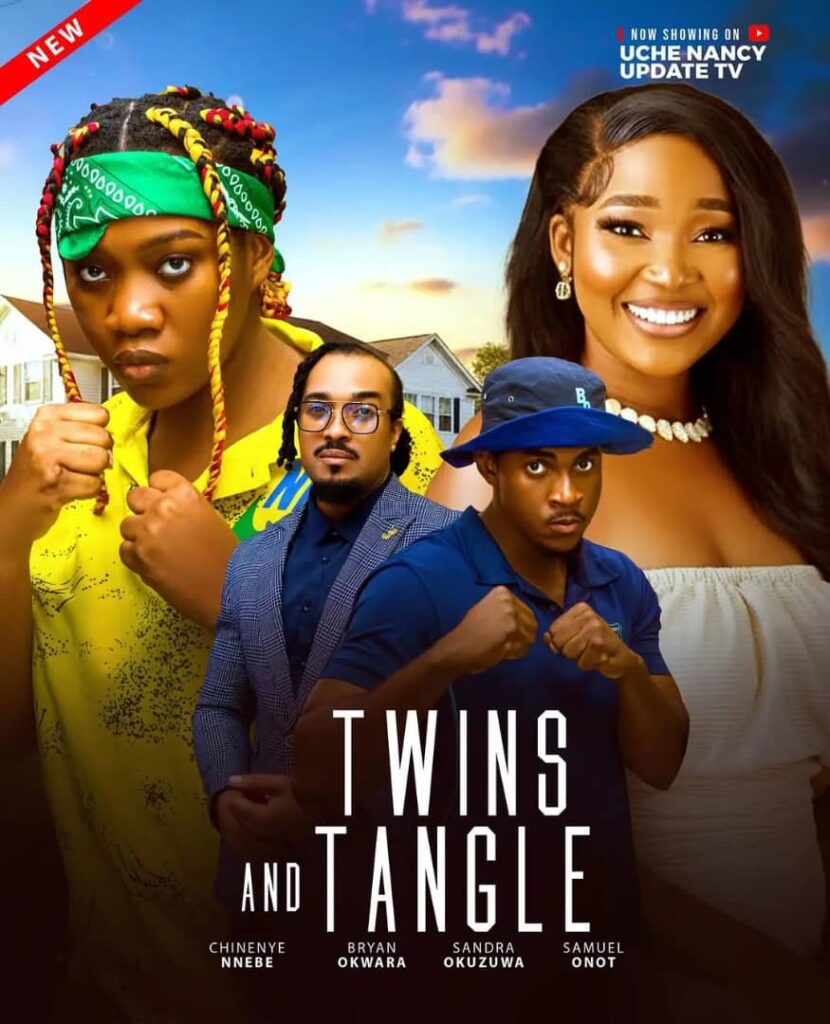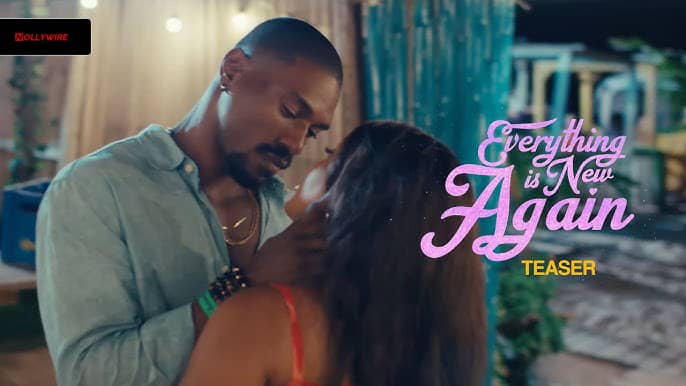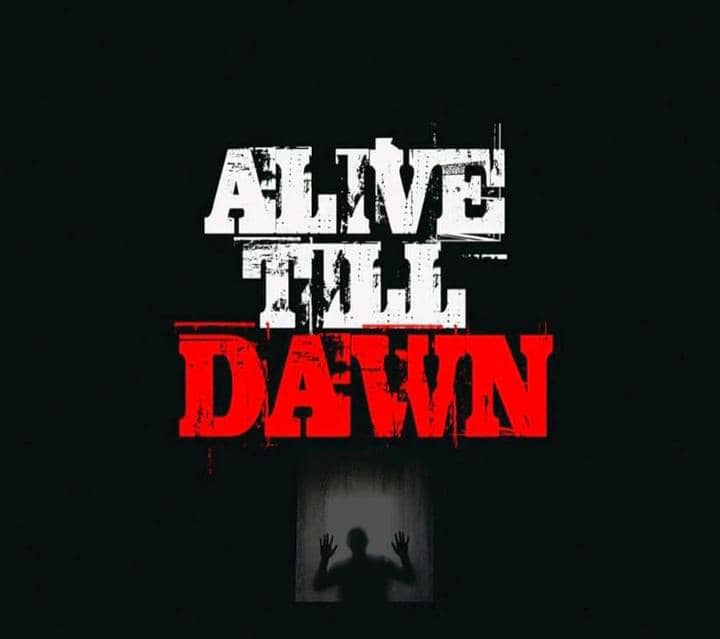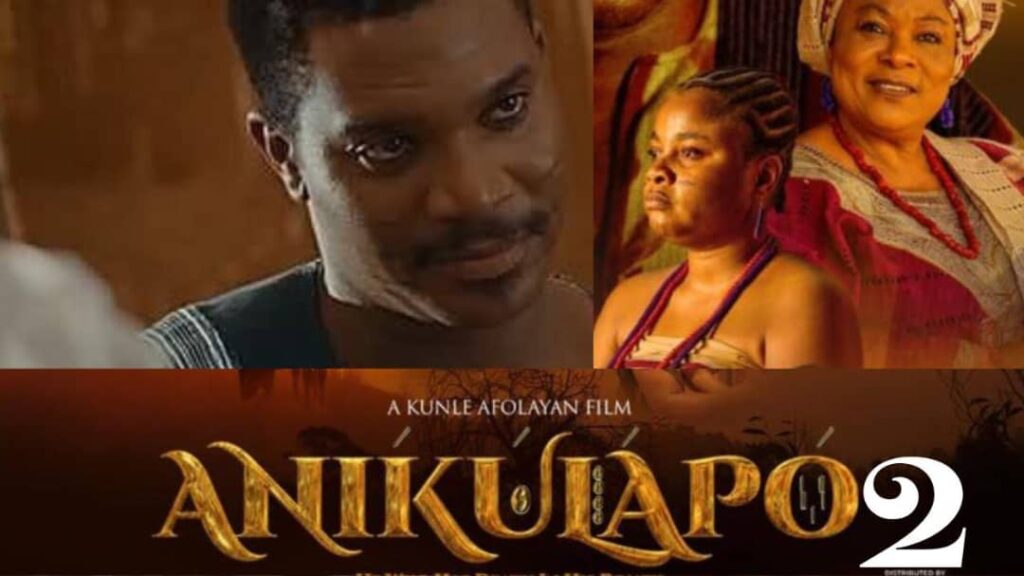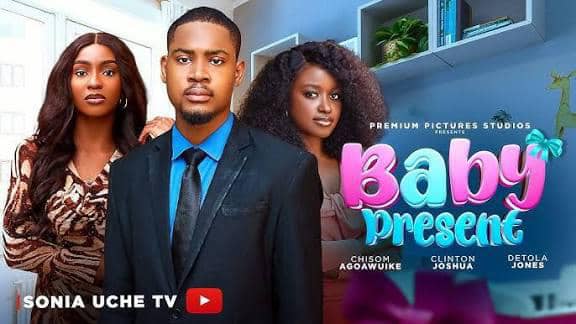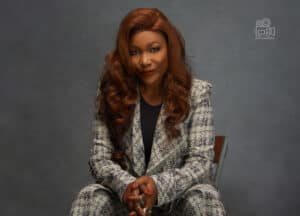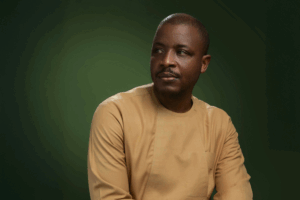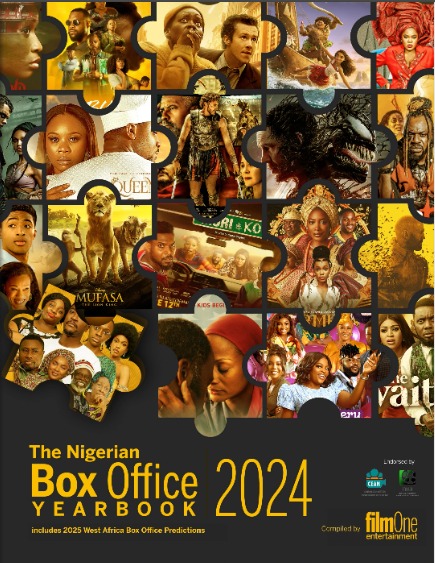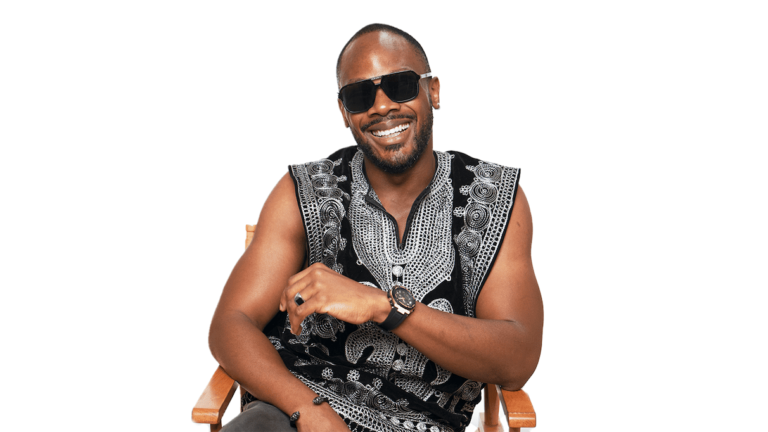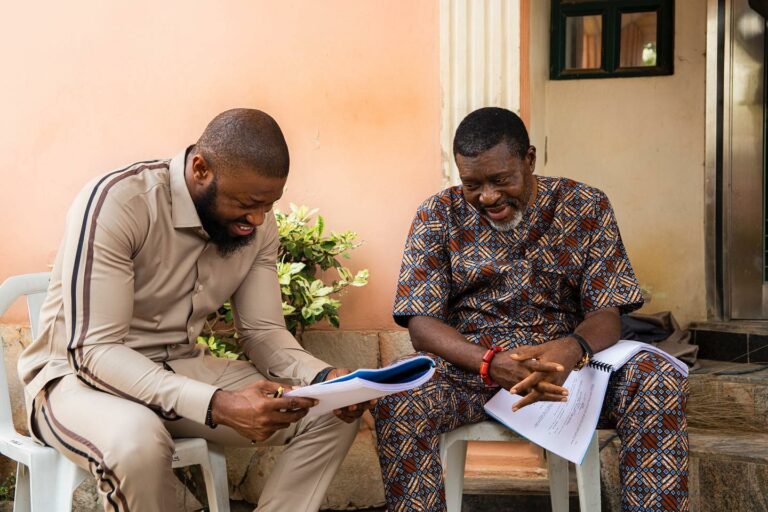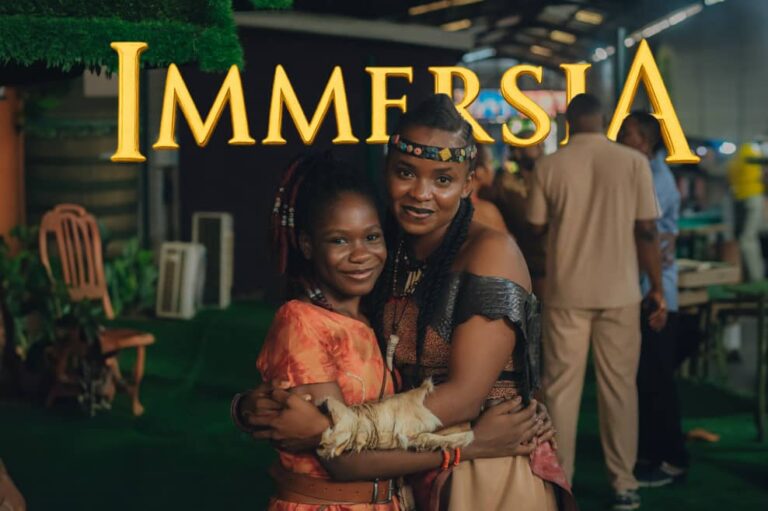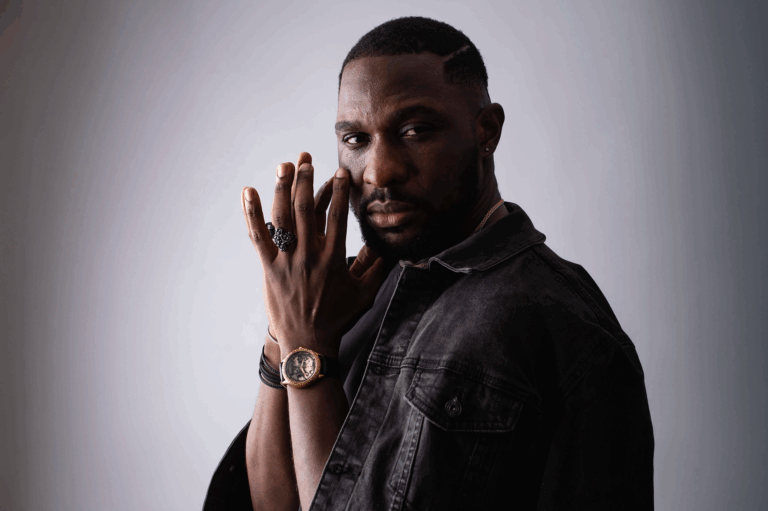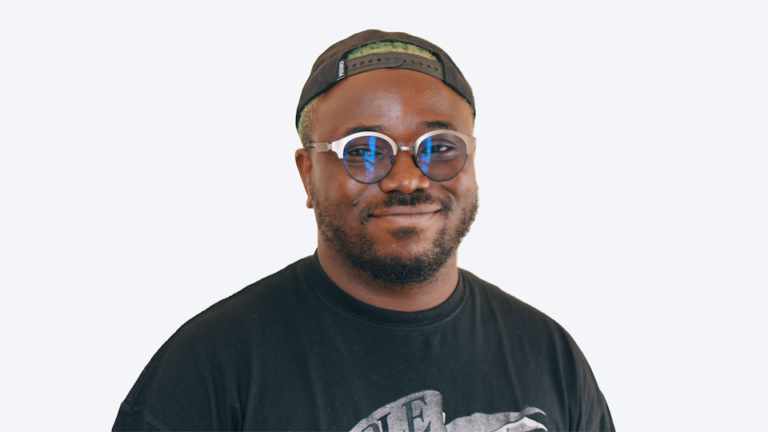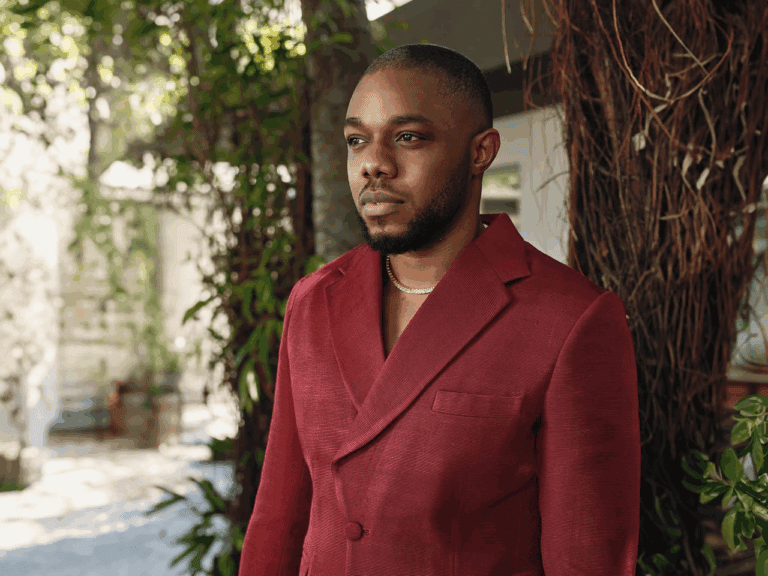When Bolatito Kolawole got the email that she had been accepted into the Black Boy Writes/Black Girl Writes mentorship programme, it felt surreal and yet preordained. For the lawyer recently turned screenwriter, this was an affirmation. She grew up writing stories she was unable to finish and then essays for school but the writer path was one she thought rather unattainable for her .
Transitioning from law to writing for Kolawole was like coming home to self. Prior to this decision, the law life was chipping away at her. “The law firm life can be very intense. You’re always on the clock. So, I came to a point where I realised that I had to leave. I got very burnt out. Initially I was thinking I could just like coast and manage because I was getting paid a lot. But then I was like this is not going to work even for my health.” She explains. In making the decision, she asked herself one truly pivotal question: “What could I do if I could do anything?” The answer was simple and clear: writing.
Kolawole did not just let the answer sit with her; she began to invest in education: screenwriting videos on YouTube, podcasts and courses so she could write her first script. She continued to hone her craft behind the scenes till a friend mentioned the Black Boy Writes/Black Girl Writes mentorship programme. The program is led by Mike Gauyo, who wrote on Issa Rae’s HBO hit show, ‘Insecure’ and the Netflix drama ‘Ginny and Georgia’.
At first, she was sceptical about clicking the link because she assumed it would be restricted to Americans. But on opening the link, she was met with a surprise; it was open to black people all over the world. “I instantly knew this was the program for me,” she states. This knowing was further bolstered by the elimination of distance, as it is an online programme. What followed was a submission of her TV pilot screenplay (the programme is TV focused), an acceptance letter, a fully funded trip to and from Los Angeles for the opening ceremony, and dinner with the other talented participants.
Six months into the twelve-month programme, Bolatito Kolawole seems to have found her place. “It’s felt like a real family atmosphere; everyone in the programme has been incredibly welcoming,” she praises the programme. “We’ve had a few workshops so far, and each month, we review someone’s script and give feedback. It can be intimidating because the writers in the programme are incredibly talented and know their stuff. But that challenge is exactly what I need. It would be easy to retreat into my shell and think, “I can’t do this,” but then it’s like, “no, this is what I need.” She states.
The former lawyer carries a wealth of cultural experiences, having grown up in the U.K., Austria, and Nigeria and then snagging a law degree in the States. It is because of this culturally rich background and academic training, including her ongoing PhD in African and Diaspora Studies at the University of Lagos, that the black diaspora weighs heavy on her. It is one of the reasons she was easily swayed by the charms of the mentorship programme. “I appreciate the idea of the interconnectivity of the black diaspora,” she remarks.
Nollywood is at a stage where its lust for global recognition fuels it and rightfully so but Kolawole worries that when we speak of world domination, we mostly refer to the West. “People in the Caribbean have been watching Nollywood for ages. It’s not something you hear much about in the mainstream, but the truth is, we watch ourselves; we consume our own content.” She points out.
“When we think of international exposure, sometimes we frame it in these really strong dichotomies. Like, how do we get the Americans who are watching us, ‘Game of Thrones’, to to watch us? We jump from one extreme to another. But international isn’t just that. International is also that auntie in Peckham selling suya,” she adds.
Bolatito Kolawole’s creative vision exists in the intersection of Nigeria and the diaspora. The stories she writes may not be tagged mainstream Nollywood but they are deeply Nigerian. She cites Chimamanda Adichie’s Americanah as a piece of art that reflects her mission and vision: “It is a diaspora story, but it’s very Nigerian.”
“Those kinds of stories naturally have wide appeal,” she explains. “A story that has chapters set in the UK or the US. People living in those places, even if they’re not Nigerian, would still be interested.” For her, it is more about the centring of representation. “More importantly, there are so many people from Nigerian or African backgrounds who are actively looking for stories like that. Black people across the diaspora, in general, are craving more stories with people who look like them.”
The writer wants more creatives living in Nigeria to stop pigeonholing themselves: “Cast a wide net, write what you want to see. Your stories are valid even if they don’t look like current Nollywood hits,” she encourages. And for those gunning for international appeal, she bestows on them words she has always lived by: “Good stories transcend borders.”
The Black Boy Writes/Black Girl Writes mentee remains grateful for the opportunity and hopes to recreate this. “I believe in giving back early and not waiting ‘until you’ve made it.'” She muses. The program signifies a table: the black people’s table. It is building a bridge. Issa Rae brought Mike Gauyo onto ‘Insecure’ and now he is drawing more people into Hollywood. His words, “Your greatness is not how high you go, but how many people you bring with you,” deeply resonate with Kolawole and she hopes it serves as a guiding light as she charts her course.
Submissions for The Black Boy Writes/Black Girl Writes Mentorship Initiative’s 2026 class are now open.

